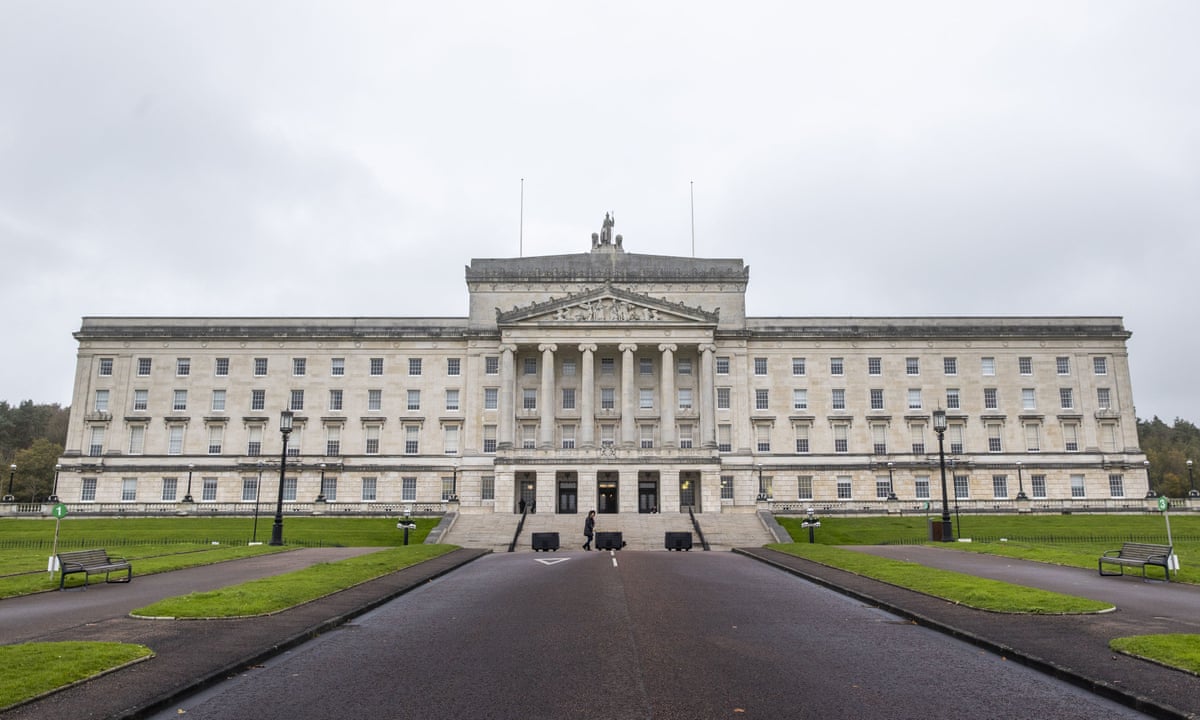The Enduring Relevance of Business Cards in a Digital Age
In an era where digital networking and virtual communication dominate the business landscape, one might wonder: Are business cards still relevant? The answer, surprisingly, is a resounding yes. Despite the proliferation of digital platforms and online networking tools, the humble business card continues to hold its ground as a powerful tool for professional connection. Here’s why.
1. Tangible Impressions: In a world inundated with digital interactions, the tactile experience of exchanging business cards adds a personal touch that digital communication often lacks. A well-designed card not only reflects the professionalism of the individual but also leaves a lasting impression on the recipient. The weight of the paper, the texture, and the design elements all contribute to the overall perception of the individual and their brand.
2. Symbol of Preparedness: Carrying and presenting a business card demonstrates preparedness and professionalism. It signifies that you are ready to engage in meaningful connections at any given moment. In networking events or chance encounters, having a business card on hand ensures that you can swiftly exchange contact information without relying on the uncertainty of digital connectivity or the awkwardness of fumbling for a smartphone.
3. Brand Representation: A well-crafted business card serves as a miniature representation of your brand identity. From the choice of colors and fonts to the inclusion of a logo or tagline, every element of the card communicates aspects of your brand personality and values. Consistency in branding across all touchpoints, including business cards, reinforces brand recognition and fosters trust among potential clients or collaborators texasenergystorage.org/.
4. Direct Marketing Tool: Business cards serve as a direct marketing tool that can reach potential clients or partners in various settings. Whether left on a bulletin board at a local coffee shop, included in product shipments, or exchanged during networking events, business cards extend your reach beyond the confines of digital networks. They provide a tangible reminder of your interaction and offer recipients an easy way to reach out when the need arises.
5. Cultural Significance: In many cultures, the exchange of business cards is deeply ingrained in business etiquette. It is viewed as a gesture of respect and a formal introduction. Understanding and respecting cultural norms surrounding business card exchange can greatly enhance cross-cultural communication and relationship-building, making it an invaluable tool in global business settings.
6. Versatility and Adaptability: While the essence of business cards remains unchanged, they have evolved to adapt to modern needs. QR codes, NFC technology, and augmented reality are just a few examples of how business cards have integrated digital elements to enhance their functionality. By bridging the gap between traditional and digital networking, modern business cards offer a seamless experience for both the giver and the recipient.
In conclusion, the enduring relevance of business cards lies in their ability to transcend digital barriers and foster meaningful connections in a fast-paced world. While digital networking platforms offer convenience and reach, they often lack the personal touch and lasting impression of a well-designed business card. As the saying goes, “You never get a second chance to make a first impression,” and in the realm of professional networking, a thoughtfully crafted business card remains a timeless tool for making that impression count.










